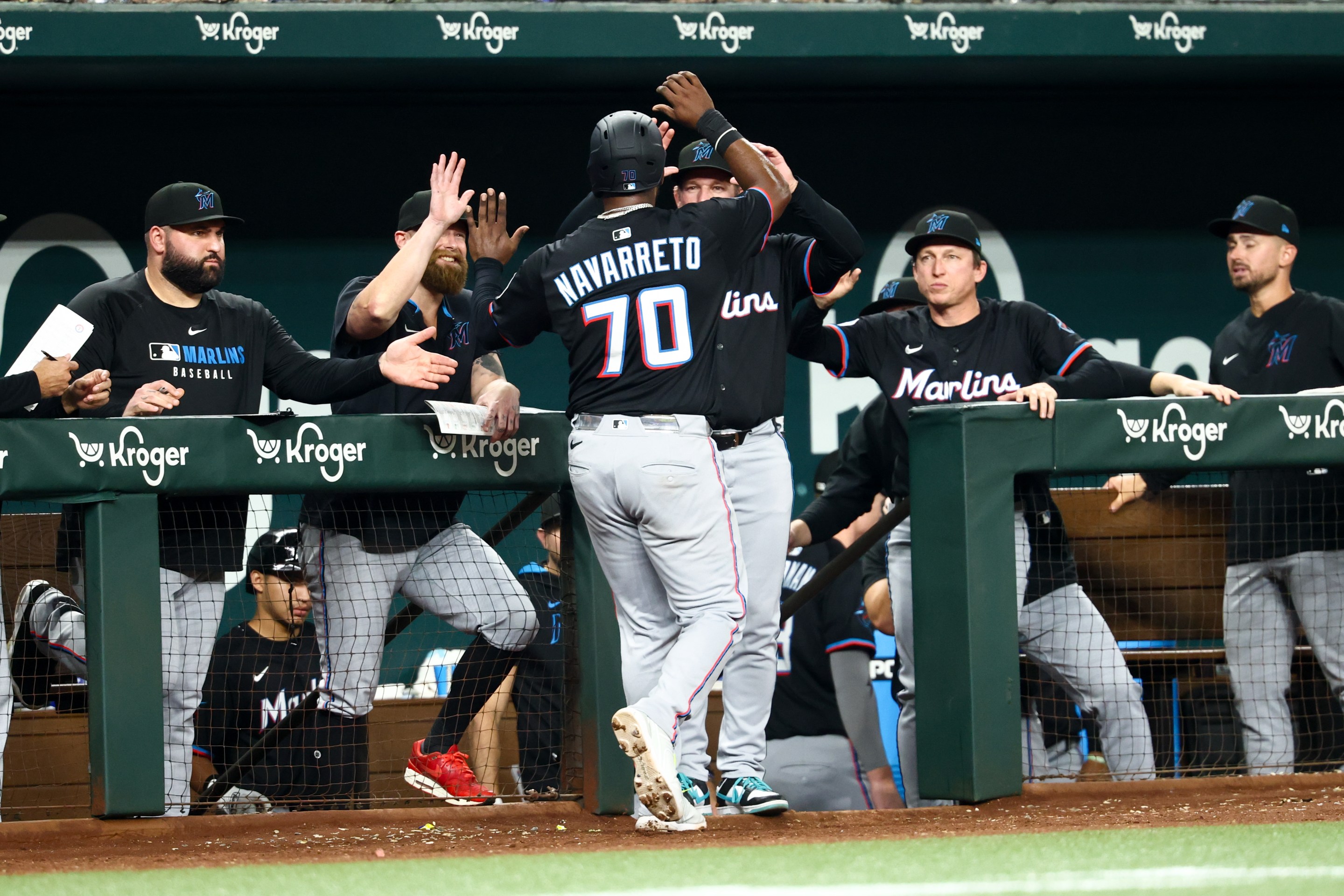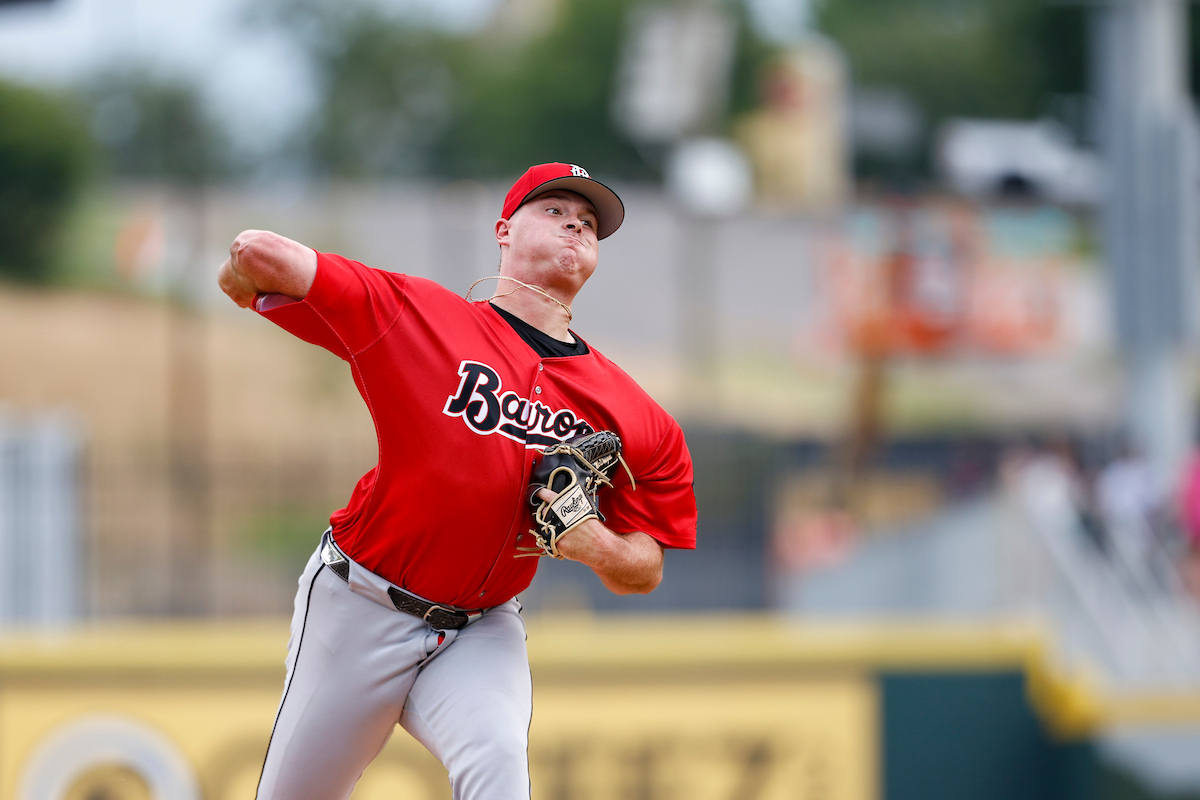According to ZiPS, Giolito projects for a healthy 5.6 WAR, which is the kind of total that would fit into Chris Sale's White Sox career. Granted, 5.6 WAR also fits into Giolito's White Sox career because he cleared 5 WAR in his breakout 2019, but it's one thing to reach a height like that. It's another thing to project that number, since projections are inherently conservative by nature.
What's more: If projections translated neatly into Cy Young votes, then Giolito would have to be considered the front-runner. With all the ZiPS projections accounted for and the leaderboard on FanGraphs, Giolito owns he highest projected WAR total of any pitcher in 2021.
Should that surprise you, it's not a knock on you, or Giolito for that matter. It's a little strange to see a pitcher who is yet to top 200 innings be considered more valuable -- even by mere tenths of a win -- than Cy Young material like Shane Bieber, Gerrit Cole and Jacob deGrom. In fact, it's unlikely enough that Dan Szymborski felt compelled to single out the development for a post on FanGraphs.
Giolito has three things going for him:
- Age (Bieber's the only pitcher younger than him)
- Hard contact suppression (he's not homer-prone in a park where home runs account heavily in offense)
- Strikeout rate (it's good, but below his expected number)
Giolito indeed has a little bit of ceiling remaining because neither of his breaking balls quite registers as a go-to pitch. If he can be more aggressive with his slider, or if he can remodel the curveball he used to possess for his shortened armswing, it's easier to imagine him holding down more lineups for longer.
The cool thing is ZiPS doesn't take into account such Best Shape Of His Life stories that have a shaky track record of translating into performance. It's just going off what he did, and what he's done the last two years is plenty. I'm more curious about whether Giolito's unusual arsenal -- so many changeups, imprecisely located -- might mess up some of his expected numbers. I guess we'll also see how much the paper-tiger nature of the Central divisions in 2020 might have monkeyed with our perceptions of true talent for the following year.
SPARE PARTS
Mark Buehrle's appreciation on the Hall of Fame ballot is still that of a local legend. His support had gone dormant until another member of the Chicago BBWAA chapter, Paul Sullivan weighed in. It's a mess of a column with an even worse headline, but he gives Buehrle his 14th vote. According to Ryan Thibodaux's tracker, he needs six more to lock in 5 percent to last until a second ballot.
Back in April, I marked the 15th anniversary of Mark Buehrle's 99-minute complete game by showing just how fast he worked compared to a contemporary, average-in-terms-of-pace pitcher in Giolito. Here, James Fegan provides color commentary from Chris Widger, Scott Spezio and Bret Boone.
One of short-term pitchers I was most intrigued by is off the board, for more guaranteed money than I anticipated. I thought he might be somebody who has to sign for a lower base salary, but with incentives that could run it up into an eight-figure neighborhood.
The Blue Jays officially announced the signing of George Springer, and I only mention it because the front-loaded nature is worth noting. Springer will make $60 million over the first two years -- $22 million with a $10 million signing bonus in 2021, $28 million in 2022, then $22.5 million for the final four years.
Howard Bryant, who wrote the most acclaimed biography of the late Henry Aaron, reflects on what he'd learned about the man during and after the process of the book.
Henry understood at once his place in the world and how his talent had created a different lane for him. The people who once dismissed him, and his people, made exceptions for him because he was The Hank Aaron. He was rightfully distrusting of them. He watched the change in how America viewed him as his talent kept proving its cultural racism wrong. And instead of his constant defeat of its presuppositions, the culture did not change, but in its eyes, he did. Henry became dignified.
In the African American story, dignity is such a sly and deceptive word, simultaneously complimentary and condescending, and dignity was attached to Henry like a surname. Its affixation to him, of course, said more about his world than it ever did about him. For what was called dignity was simply an acceptable response to hostility, and it was easier for writers and broadcasters, fans and executives to concentrate on his response to hostility than the hostility itself. It is a common expectation of African Americans that they be more conciliatory and not vengeful, invested and not apathetic, constantly brave and aspiring and dignified in the hostile territory of indignity. When he smiled at the hostility, he was dignified. When he did not, he was bitter. Dignity has always felt like code for treating white incivility as inevitable behavior, of not ever punching the punchers.
(Lucas Giolito portrait by Carl Skanberg)






